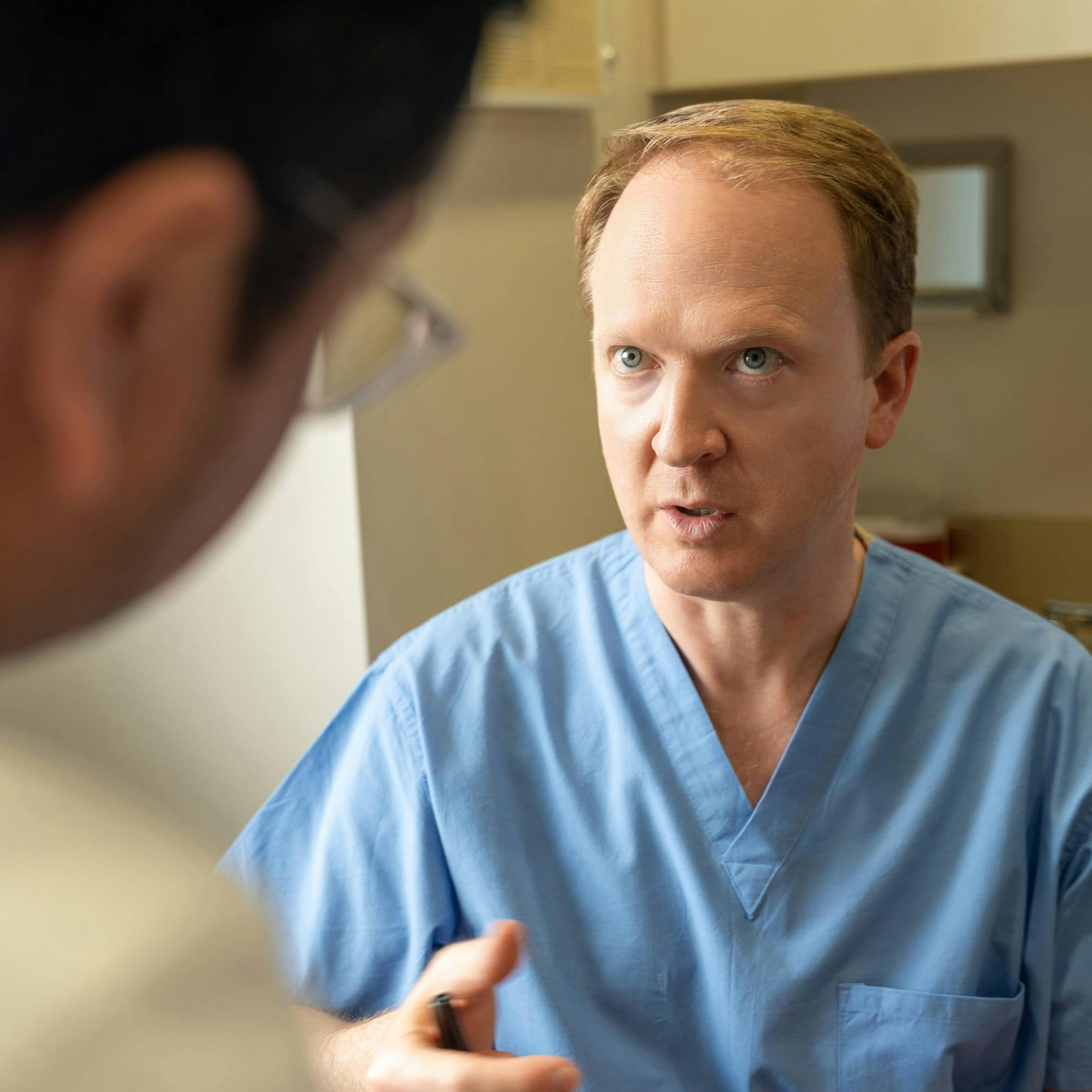Microvascular decompression is a brain surgery performed to treat severe cases of trigeminal neuralgia and other craniofacial pain syndromes. The relieves painful compression of a cranial nerve, such as the trigeminal, usually by a blood vessel. This is accomplished by creating a small opening in the back of the skull and using specialized microscopic, microdissection techniques to identify the compressed nerve and gently mobilizing the offending blood vessel away from the nerve.

Why Choose Virginia Neurosurgeons?
Virginia Neurosurgeons, founded in Arlington in 2001, stands as a prominent and independent neurosurgical group that provides comprehensive care in Northern Virginia. With an established record of care involving over 30,000 patients, our expert surgeons, educated at prestigious institutions, offer academic-level neurosurgical expertise. Board-certified by the American Board of Neurological Surgeons and holding faculty appointments with the George Washington University School of Medicine, our commitment to ethical, compassionate care sets us apart. As neurosurgeons, we integrate comprehensive training, evidence-based approaches, and a team-oriented philosophy, aiming to address the root cause of symptoms and enhance the quality of life for our patients. Through an unwavering dedication to open communication and personalized care, we strive to make a positive impact on the lives of those dealing with pain and cranial nerve syndromes.



